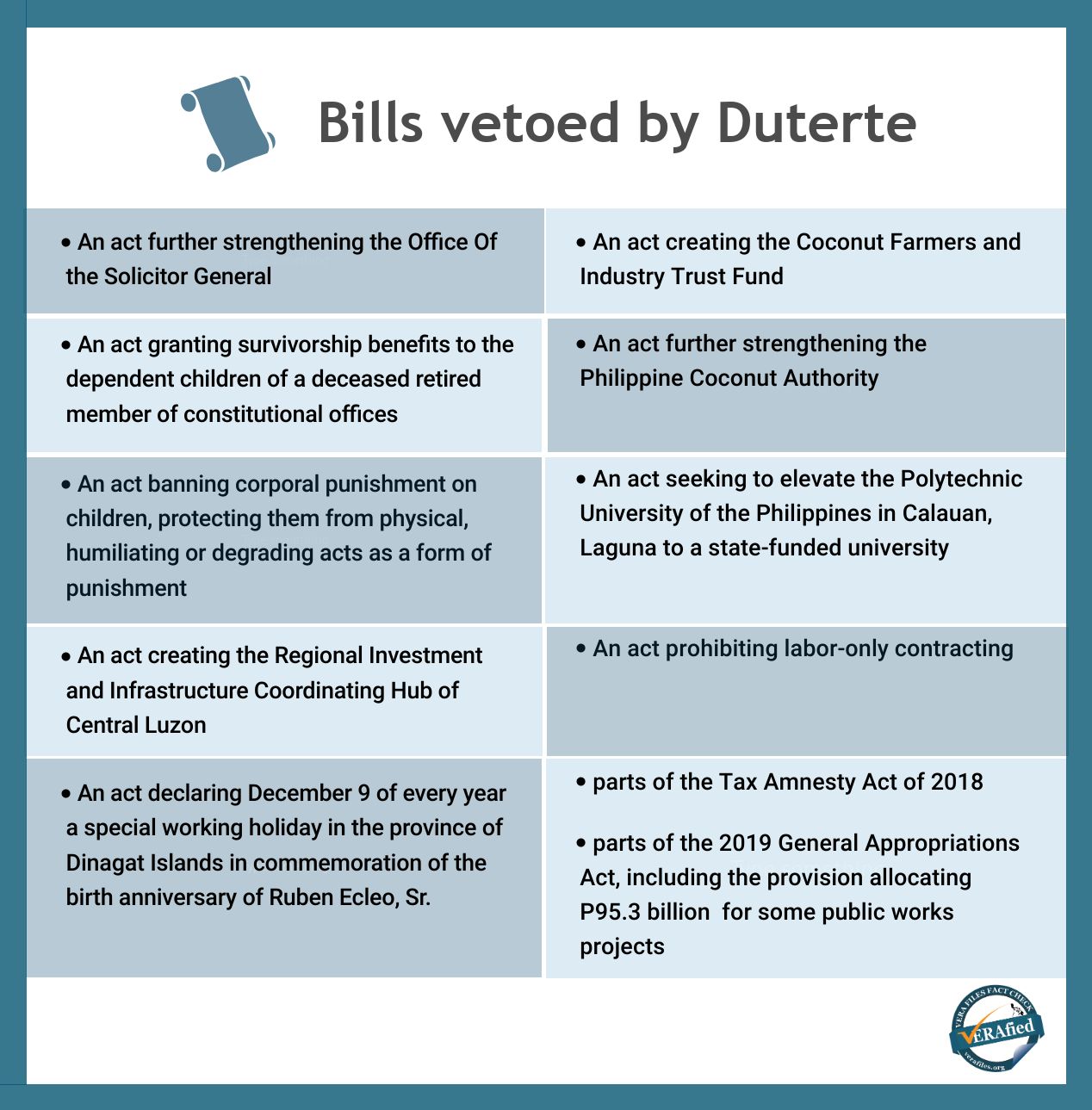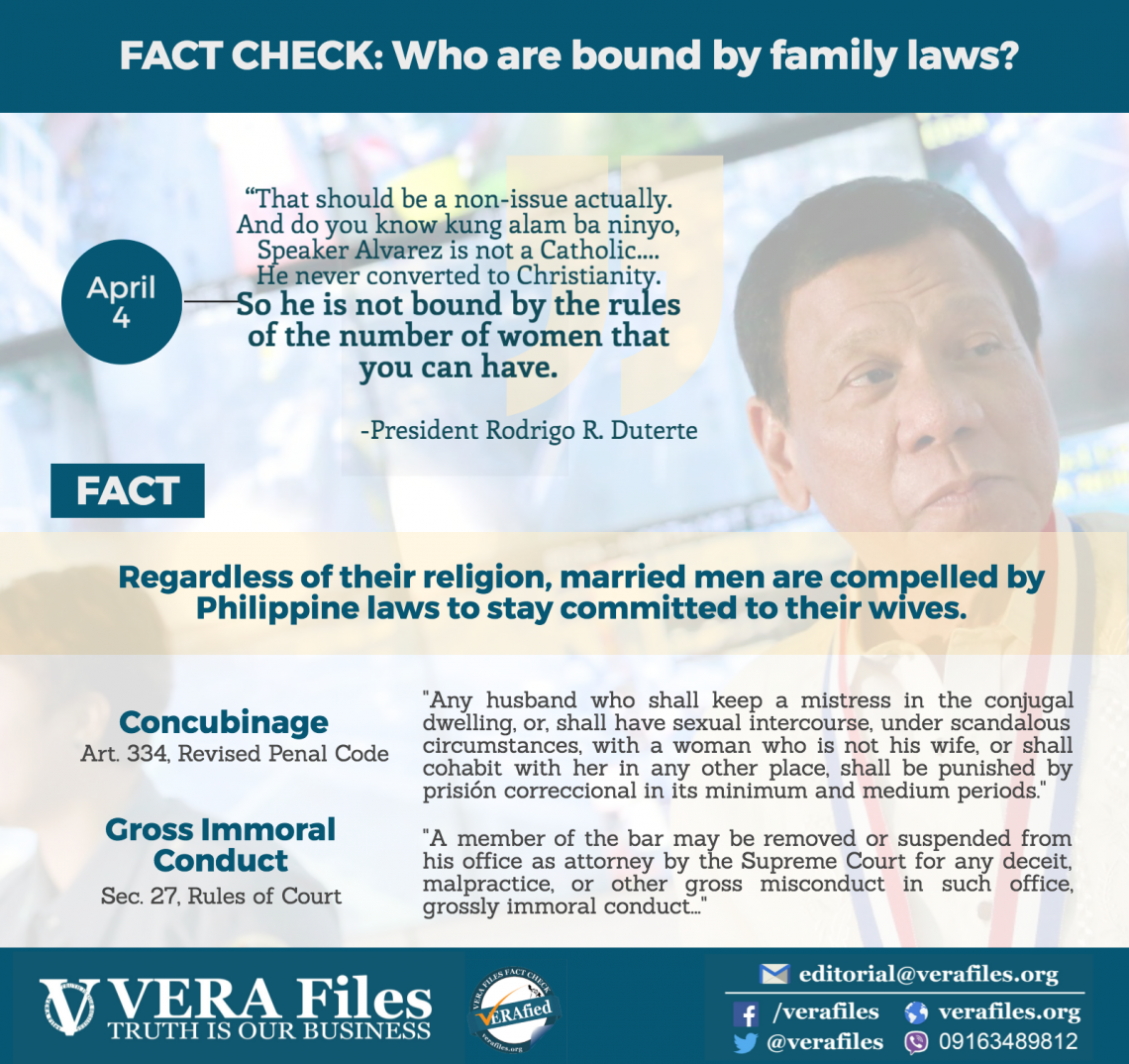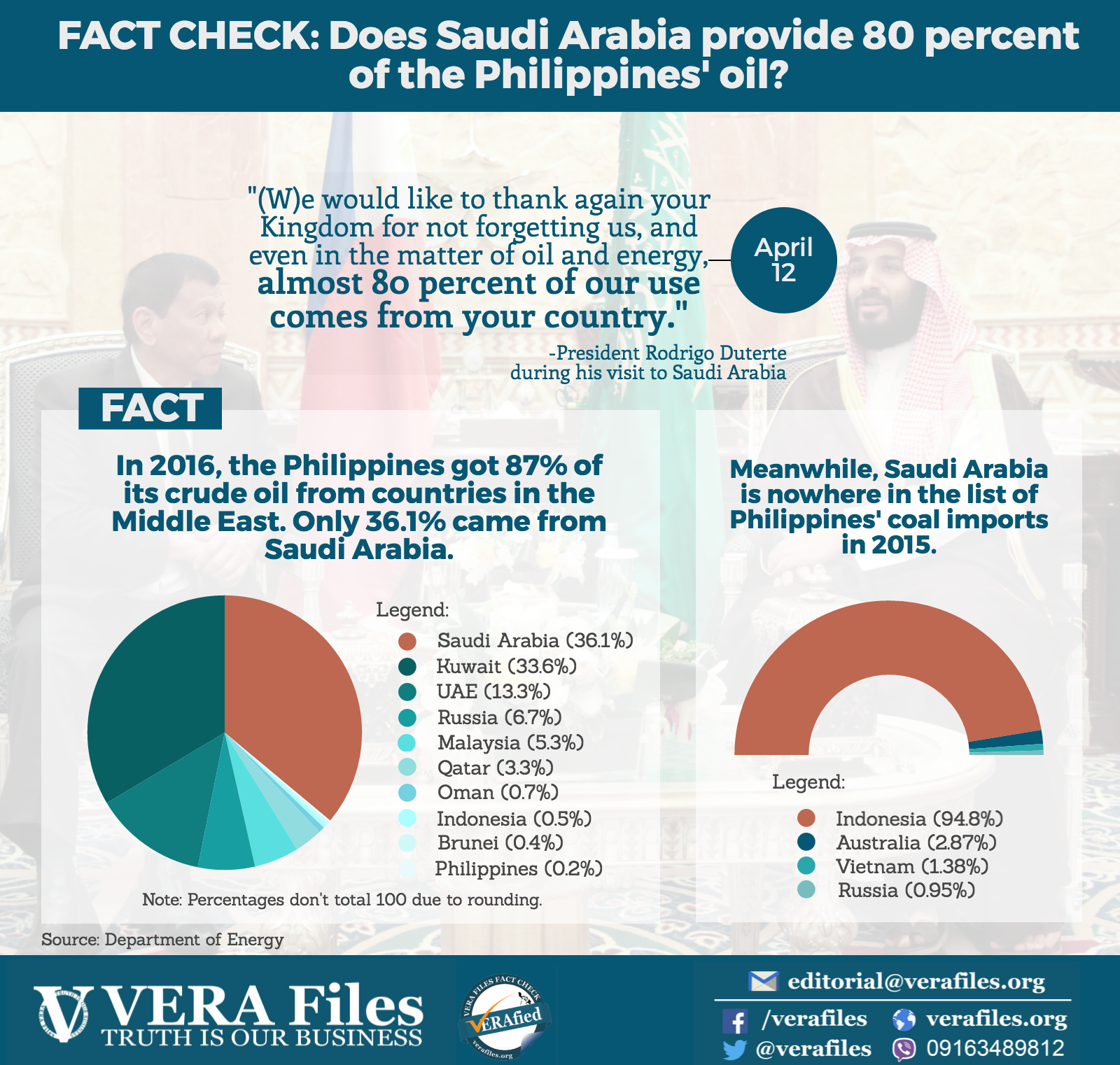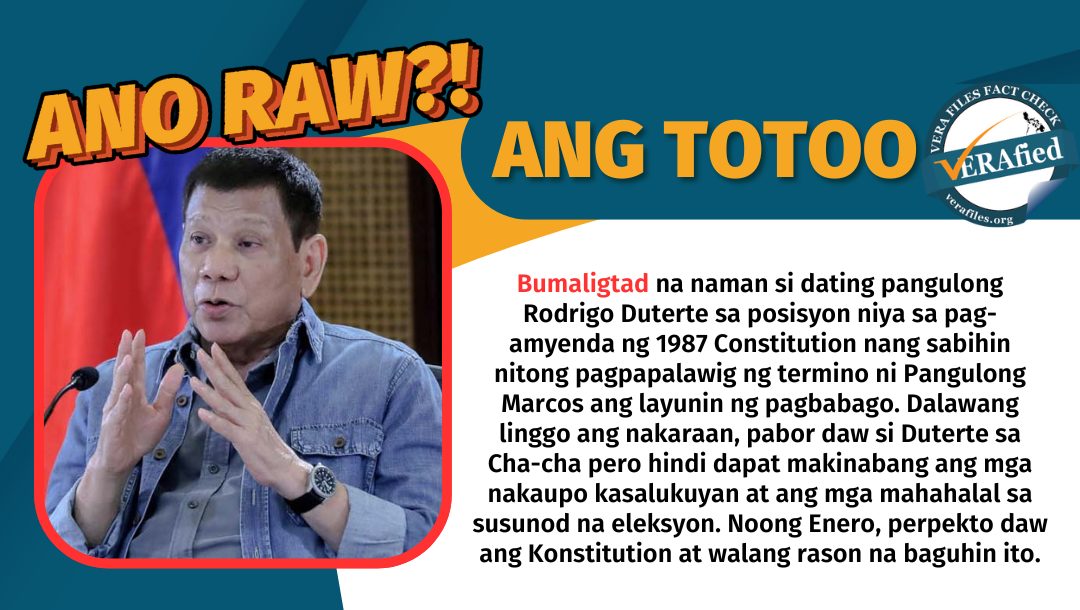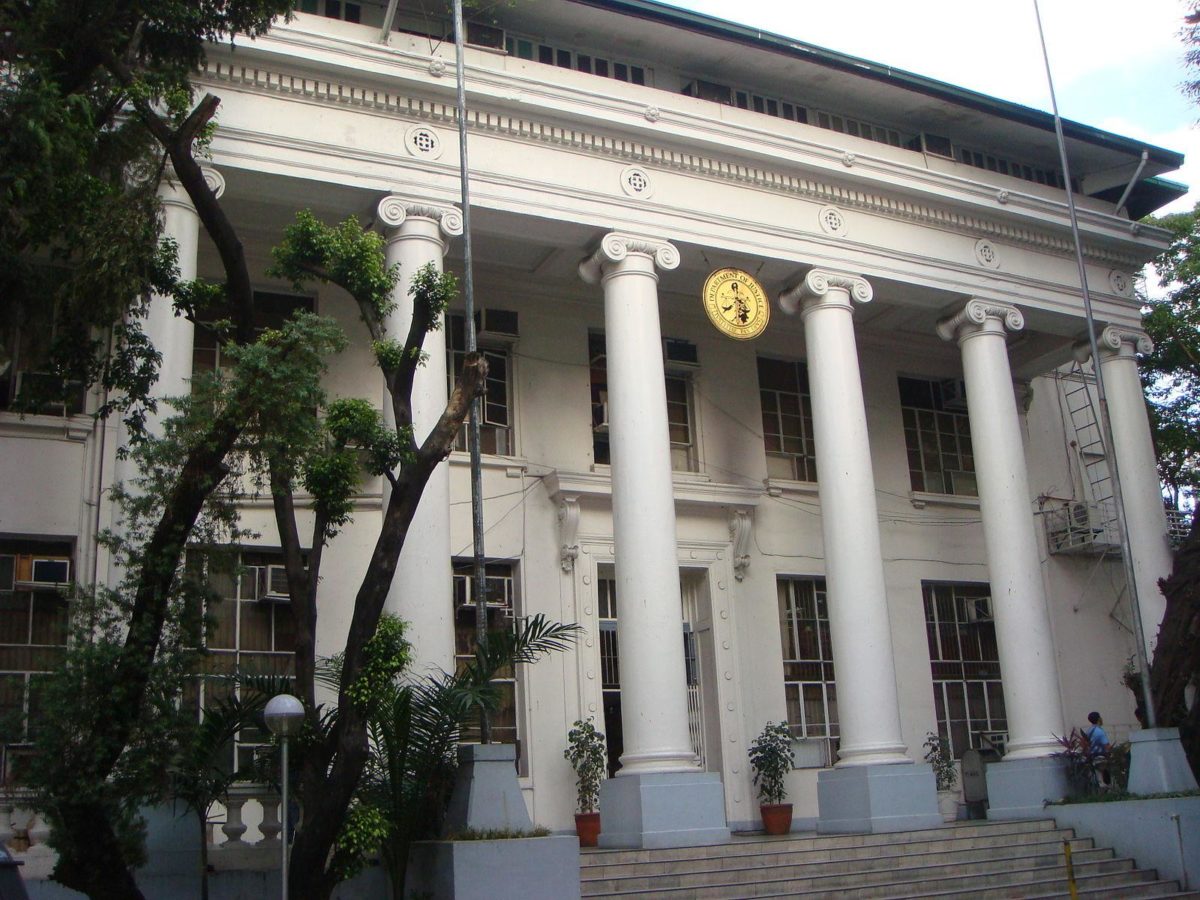President Rodrigo Duterte vetoed 11 bills approved by the previous Congress, including two of his campaign promises.
What is a veto? When does it happen and what happens after it has been made?
Here are three things you should know.
What is a veto?
A veto is a prerogative of the chief executive to reject a bill passed by the legislative department from becoming a law.
Art. 6, Sec. 27 of the 1987 Constitution states that Congress must “present” every bill it passes to the president for his approval and signature. If the president does not approve:
“he shall veto it and return the [bill] with his objections to the House where it originated…”
The president must communicate his veto within 30 days after receipt of the bill, otherwise it would lapse into law “as if he had signed it.”
The president can also approve an “appropriation, revenue, or tariff bill” but veto some of its provisions.
What happens after a presidential veto?
After a veto, lawmakers can either refile the bill with or without amendments, or override the president’s decision.
The law allows members of the legislative department to override a veto:
“If, after such reconsideration, two-thirds of all the Members of such House shall agree to pass the bill, it shall be sent, together with the objections, to the other House by which it shall likewise be reconsidered, and if approved by two-thirds of all the Members of that House, it shall become a law.”
Source: Official Gazette, The Constitution of the Republic of the Philippines
What happened to Duterte’s vetoed bills?
Since the filing of bills in the 18th Congress began on July 1, only the Security of Tenure (SoT) Act and the Coconut Farmers and Industry Development Act — two of Duterte’s campaign promises — have been refiled in both houses.
Security of Tenure Act
Last month, Duterte vetoed the SoT Bill, which seeks to ban ‘endo,’ or ‘end of contract’ — a practice wherein workers are hired for less than six months, to avoid regularization on the sixth month as required by the Labor Code.
During his campaign, Duterte vowed to abolish ‘endo,’ saying it is “an injustice” that must be stopped.
In his third State of the Nation Address (SONA) last year, Duterte urged Congress “to pass legislation ending the practice of contractualization once and for all.” In September 2018, he pressured lawmakers to approve the measure by certifying it as “urgent.”
In his veto message on July 26, Duterte said:
“Indeed, while labor-only contracting must be prohibited, legitimate job-contracting should be allowed, provided that the contractor is well capitalized, has sufficient investments, and affords its employees all the benefits provided for under the labor laws.”
He added:
“Businesses should be allowed to determine whether they should outsource certain activities or not, especially when job-contracting will result in economy and efficiency in their operations, with no detriment to the workers, regardless of whether this is directly related to their business.”
Source: Official Gazette, Veto Message on House Bill No. 6908/ Senate Bill No. 1826, July 26, 2019
In a July 28 speech, Duterte defended his decision to reject the bill, saying he does not want the government to “make it hard for capitalists also to move.”
Coconut Farmers and Industry Development Act
Duterte vetoed the Coconut Farmers and Industry Development Bill, which aims to return P100 billion worth of coco levy funds to coconut farmers. When he was still gunning for the presidency, he promised to give back the funds within his first 100 days in office.
The funds are taxes paid by coconut farmers during Martial law, supposedly for the development of the coconut industry and the benefit of its farmers. However, the funds were used by Marcos cronies, including Juan Ponce Enrile and Eduardo “Danding” Cojuangco, to acquire and expand businesses.
In his SONA last year, Duterte called on lawmakers to “pass at the soonest possible time the bill establishing the Coconut Farmers’ Trust Fund.”
In his veto message, he said the bill in its current state does not reflect the “ultimate goal of accelerating the full utilization of coco levy assets and funds for the benefit of marginalized coconut farmers and the coconut industry.” He did not elaborate.
Duterte also vetoed its twin bill, a consolidated bicameral conference report on SB 1976 and HB 8552 proposing to strengthen the Philippine Coconut Authority (PCA). Presidential Spokesperson Salvador Panelo said the President saw that PCA was set up like the Road Board, which had been heavily criticized due to allegations of corruption and misappropriation of funds.
Had the twin bills been signed into law, the reconstituted PCA would have managed the P100-billion coco levy funds.
In this year’s SONA, Duterte again “urged” Congress to pass a “more responsive version of the bill establishing the Coconut Farmers’ Trust Fund to ensure the accelerated utilization of coco levy funds for the well-being and empowerment of the coconut farmers.”
In the same speech, Duterte proposed to give only P5 billion to the coconut sector because the government can “no longer trace the truthful owner of the land.” This is a retraction of his promise to return the funds “fully” to farmers.
He said:
“Kaya…ang gusto ko o baka nagustuhan rin ninyo (What I want is, maybe you would agree), i-deposito ko na lang (I will just deposit it). Let it remain as a remembrance to the people who lost their…at that time. Tapos ‘yung (Then the) 5 billion, ‘yun ‘yung (that would be) [for]…the improvement sa (in) replanting sa (of) coconut.
Source: Presidential Communications Operations Office, 4th State of the Nation Address of President Rodrigo Roa Duterte, July 22, 2019, watch from 1:25:42 to 1:26:17
The Supreme Court’s landmark decision in 2012 ruled that the coco levy funds shall be:
“used only for the benefit of all coconut farmers and for the development of the coconut industry.”
Source: Supreme Court of the Philippines, G.R. Nos. 177857-58
These were cited and reiterated by executive orders 179 and 180 issued in 2015 by Duterte’s predecessor, Benigno Simeon “Noynoy” Aquino III.
Sources
Senate of the Philippines, Performance of the Senate, Seventeenth Congress, Third Regular Session, July 23, 2018 – June 7, 2019
Official Gazette, The Constitution of the Republic of the Philippines
On Security of Tenure Act
Official Gazette, Presidential Decree No. 442, s. 1974
ABS-CBN News, Duterte says ‘ENDO’ an injustice that must be stopped, April 24, 2016
RTVMalacañang, State of the Nation Address 2018, July 23, 2018
Presidential Communications Operations Office, 3rd State of the Nation Address of President Rodrigo Roa Duterte, July 23, 2018
Philstar.com, Duterte certifies security of tenure bill as urgent measure, Sept. 25, 2018
Rappler.com, Duterte certifies proposed law vs ‘endo’ as urgent, Sept. 25, 2018
ABS-CBN News, Duterte certifies anti-contractualization bill as urgent, Sept. 25, 2018
Senate of the Philippines, Committee Report No. 392/Senate Bill No. 1826
House of Representatives, House Bill No. 6908
Official Gazette, Veto Message on House Bill No. 6908/ Senate Bill No. 1826, July 26, 2019
Presidential Communications Operations Office, Situation Briefing Presided Over by President Rodrigo Roa Duterte on the Effects of Earthquake in Batanes, July 28, 2019
On Coconut Farmers and Industry Development Act
GMA News, Duterte vetoes coco levy bill providing P100-B trust fund for farmers, Feb. 15, 2019
Philstar.com, Duterte vetoes Coconut Industry Code revisions, Feb. 10, 2019
DZRH News, Farmers slam Malacanang for wanting upper hand over coco levy, assets and Php10-B budget intended for coconut farmers, coco industry, Feb. 16, 2019
@PiaRanada, “LOOK: #PresidentDuterte explains why he vetoed Cocunut Farmers and Industry Development Act. @rapplerdotcom,” Feb. 17, 2019
CNN Philippines, Duterte promises farmers: I will return coco levy fund, March 30, 2016
Rappler.com, Duterte, Cayetano vow ‘return’ of coco levy fund in 1st 100 days, March 31, 2016
Inquirer.net, Coco farmers ask Duterte to fulfill his promise, Nov. 7, 2016
Presidential Communications Operations Office, 3rd State of the Nation Address of President Rodrigo Roa Duterte, July 23, 2018
Senate of the Philippines, Committee Report No. 8/Senate Bill No. 1233
House of Representatives, House Bill No. 5745
ABS-CBN News, Duterte vetoes bill strengthening PCA, Feb. 9, 2019
Philstar.com, Duterte vetoes bill strengthening Philippine Coconut Authority over corruption worries, Feb. 10, 2019
Business Mirror, Warning of corruption risks, Duterte vetoes bill reconstituting PCA, Feb. 8, 2019
Senate of the Philippines, Senate Bill No. 1976
House of Representatives, House Bill No. 8552
Presidential Communications Operations Office, 4th State of the Nation Address of President Rodrigo Roa Duterte, July 22, 2019
Supreme Court of the Philippines, G.R. Nos. 177857-58
Official Gazette, Executive Order No. 179, s. 2015
Official Gazette, Executive Order No. 180, s. 2015
(Guided by the code of principles of the International
Fact-Checking Network at Poynter, VERA Files tracks the false claims,
flip-flops, misleading statements of public officials and figures, and
debunks them with factual evidence.
Find out more about this initiative and our methodology.)
